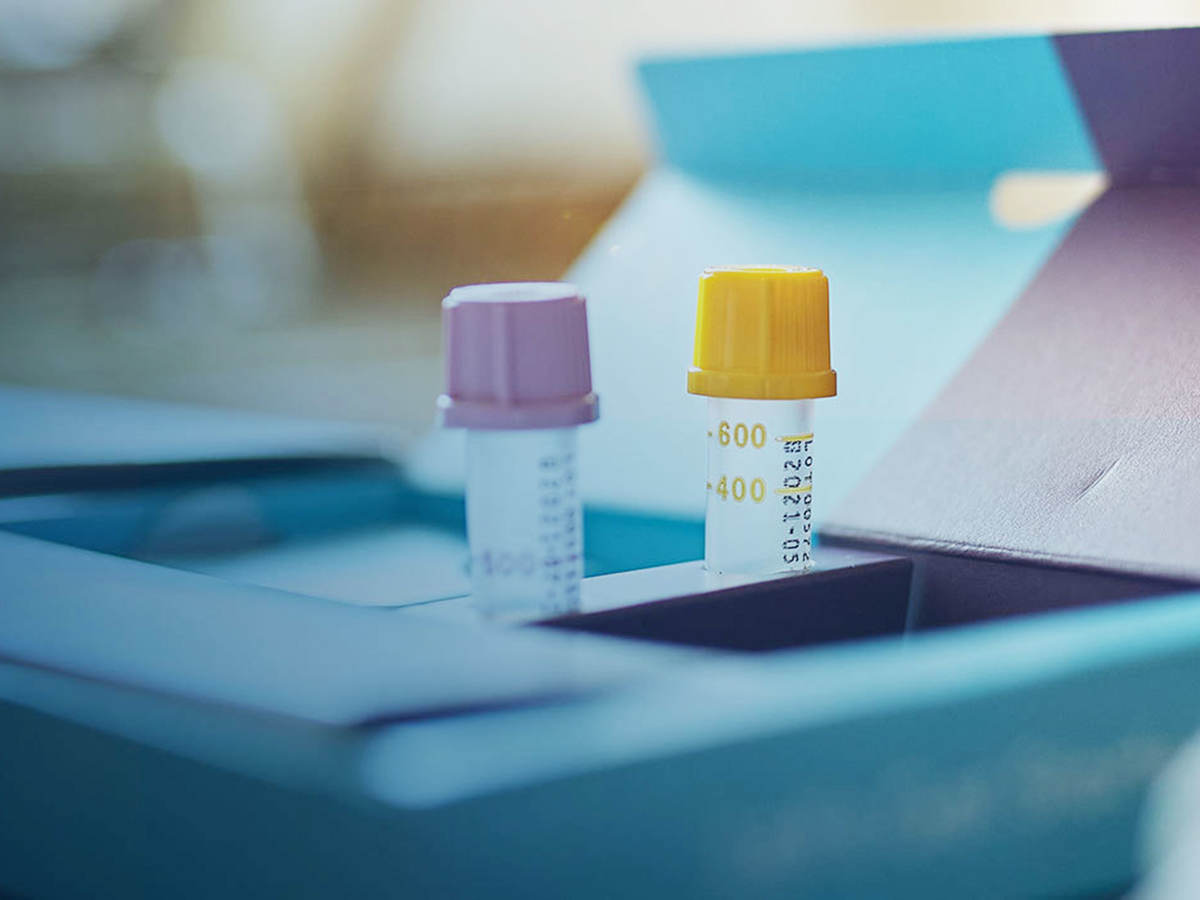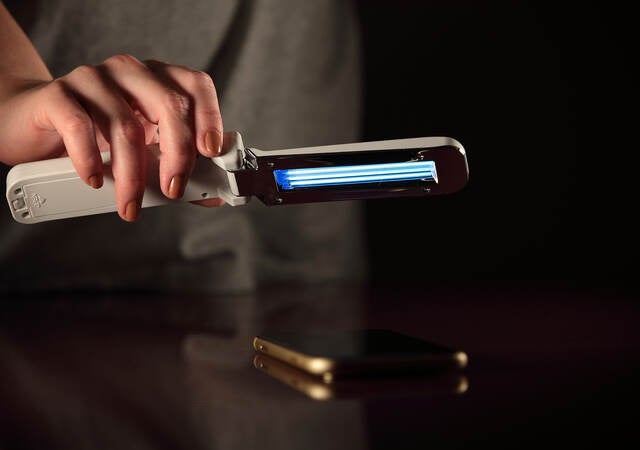June 16, 2021
ISO 20916 ”In vitro diagnostic medical devices — Clinical performance studies using specimens from human subjects — Good study practice” published in 2019, provides detailed guidance on clinical performance (CP) studies in line with CP study requirements included in the EU In-vitro Diagnostic Medical Devices Regulation (IVDR), whose final date of application remains set for May 2022. Every IVD device manufacturer that is either planning to conduct or is already conducting CP studies should carefully review ISO 20916 and comply with the standard.
This summary is intended to outline general CP study processes.
General requirements
ISO 20916 provides appropriate IVD medical device definitions and insights on the roles and responsibilities of all involved parties and differentiates interventional CP studies – studies in which test results obtained during the study can influence patient management decisions and might be used to guide treatments – from non-interventional CP studies, which are further divided into studies:
- in which specimen collection is primarily done for the purpose of the CP study and the specimen collection procedures pose additional risks to the subject;
- or when the conduct of the study involves additional risks for the subjects;
and studies:
- which do not pose a risk to the participants, e.g., studies with leftover or archived specimens.
ISO 20916 and specifically Annex G (adverse event categorization) should be considered for all CP studies. Depending on the IVD and the complexity of the planned study, Annexes A to F need to be respected as well, as they are applicable for “higher risk” CP studies. Thus, the first questions each sponsor of a planned CP study for an IVD should ask themselves are:
- Is the planned CP study interventional or non-interventional?
- Does the study pose additional risks to the subjects?
Answering these questions will define applicable CP study processes (see also normative Annex A of ISO 20916), and is essential for the planning, conduct and the closeout of the anticipated CP study.
Note: ISO 20916 requires written procedures for all CP study processes.
Ethical considerations
As with any clinical study involving human subjects, CP studies shall always be conducted in accordance with ethical principles such as the Declaration of Helsinki, to verify that the rights, safety, dignity and well-being of the study participants are protected and the data generated are scientifically valid, reliable and robust.
Normative Annex E of this standard describes the general documents needed for ethics committee (EC) submission, as well as information to be provided to the EC prior to, during and after the study.
Note: National legislation and the risk the study is posing to study participants will also define the level of EC communication needed and whether national competent authority (NCA) study notification or approval is required.
CP studies: Planning
To support adequate planning and conducting of the CP study, a clinical performance study protocol (clinical performance study plan in the IVDR) (CPSP) should be generated. Topics usually included are described in ISO 20916 section 5.5.3 and normative Annex B, and include information on:
- Sponsor
- Study IVD (and comparator, if applicable) and intended use
- Specimens and when applicable, subjects providing specimens
- Objectives and endpoints (primary and secondary)
- Procedure involved
- Informed consent process
- Statistical consideration
- Monitoring and data management
- Adverse event, adverse device effects and device deficiency documentation and reporting
Note: Much of the required information can be documented separately from the CPSP (e.g., information on study sites or SAE reporting), but should be very carefully addressed. Often these documents need to be included in respective country submissions as well as notifications to ECs and NCAs.
Other activities and documents needed during the set-up of the CP study are:
- Risk evaluation to assess the risk associated with participation
- Site selection (selection, assessment and qualification of study staff and study sites),
- Monitoring plan,
- Case report forms,
- Contracts (with all involved parties).
- Labelling
- Good Clinical Practice (GCP) study documentation (Annex H)
Note: Additional factors, such as the current coronavirus pandemic, and their potential impact on these activities need to be considered when planning and conducting CP studies.
CP studies: Conduct
The CP study can only be started after written approval or favorable opinion from the involved EC and where applicable, approval from the respective NCA.
Site initiation: Prior to full initiation of the involved study sites, sponsors must make sure that required study site documentation is in place, including signed contract(s) and respective approval(s). The IVD device needs to be available at the study site. In addition, it will be confirmed that the study sites are trained on general study requirements (e.g., study site personnel responsibilities ) and specific CP study requirements (e.g., the CPSP and the use of the IVD).
Site monitoring: Once the CP study sites begin enrolling participants monitoring will be conducted to verify that the study is conducted in accordance to the CPSP, ISO 20916 and any other applicable requirements. During routine monitoring it will be verified, among other issues, that:
- The IVD is used according to CPSP or instructions for use ;
- The IVD is available and IVD accountability is performed accurately;
- Study records are correct, complete and up to date;
- Safety documenting and SAE reporting is done appropriately to country legislation; and:
- Data protection regulations such as the General Data Protection Regulation (GDPR) are respected.
Activities conducted as well as findings and observations will be documented in a monitoring report (see ISO 20916 Section 7.3.3).
CP study – Close Out
Close out activities will be conducted for each study site to verify that the site records are complete; all sponsor records are retrieved; remaining IVD products are returned or destroyed; issues have been resolved; and relevant parties were informed about the end of the study.
A Clinical Performance Study Report (CPSR) will be generated for every CP study. The expected content of a CPSR is outlined in ISO 20916 section 8.2. The results section, for example, will include information on the statistical analysis used; performance and safety results; plus provide an accounting of all subjects and specimens; and a discussion as well as overall conclusion on the outcome of the study.
Normative Annex D provides further guidance for generation of the CPSR for certain CP (higher risk) studies.
Note: Many additional topics such as document retention, premature study termination and auditing are also addressed by ISO 20916.
Conclusion
The amount of tasks to be considered for CP studies is immense, and it is essential that experienced and trained personnel with a proficient understanding of their roles and responsibilities are involved in the planning and conduct of these studies. In addition, CP studies need to be budgeted accordingly. The ISO 20916-compliant conduct of CP studies might be considered as extra burden by the manufacturer; it will however, result in robust clinical performance data, easier demonstration of clinical evidence and potentially faster approval processes under the European IVDR.
Part Three of our series on IVD clinical performance study requirements will focus on companion diagnostics. Part One of our series examined the differences in requirements between performance evaluation studies under the IVDD and clinical performance studies under the IVDR.
Dietmar Falke is Head of Clinical Research and Oliver Eikenberg is Senior Consultant RA/QA at Emergo by UL.
Additional European IVD regulatory resources from Emergo by UL
- EU IVDR compliance preparation and resource center
- European Authorized Representative for clinical trials in-country representation
Request more information from our specialist
Thanks for your interest in our products and services. Let's collect some information so we can connect you with the right person.







